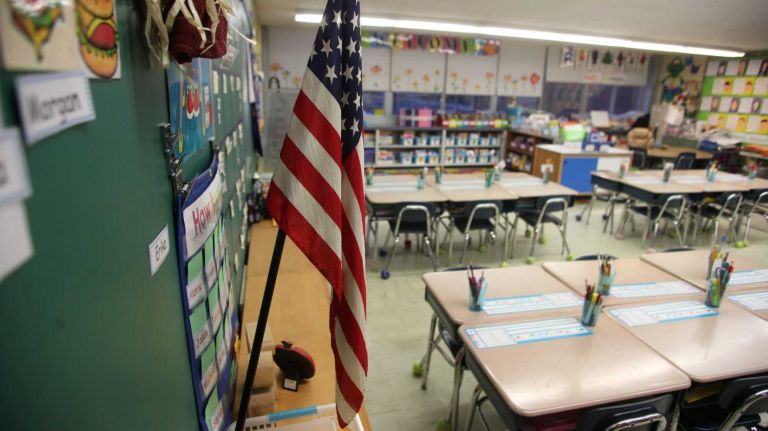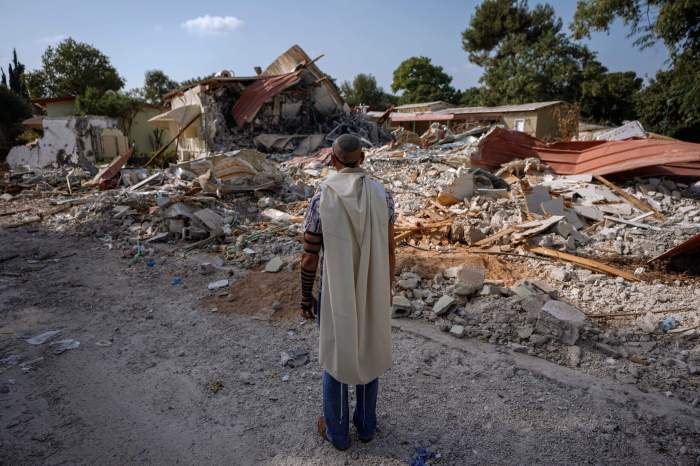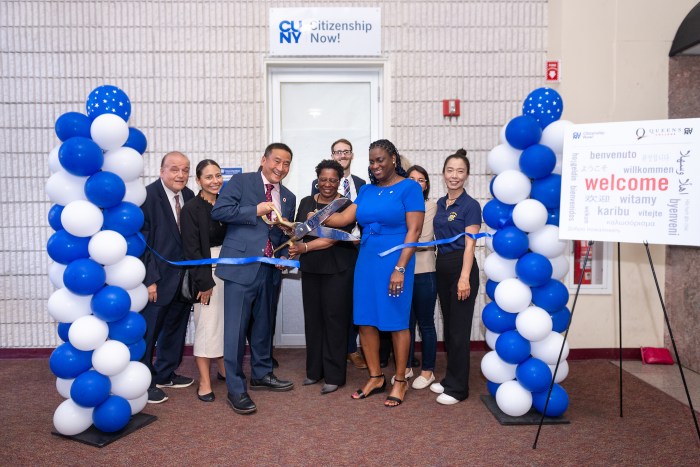
The numbers aren’t much to brag about — but city students did make some heartening progress this year on the state’s tough exams based on the Common Core standards.
Pupils meeting state proficiency standards in math jumped from 30.1% last year to 34.5% this year. And students meeting standards in English language arts inched ahead from 27.4% to 29.4%.
The results still show that a troubling majority of city students are scoring below state standards. But while tougher Common Core curricula changed the game last year — sending anxiety into the red zone among kids and teachers — performance at least is starting to improve.
And at local charter schools, which serve kids in some of the city’s poorest areas, math proficiency scores leaped more than 8 percentage points this year, from 34.2% in 2013 to 42.5%. That dramatically beats the city’s systemwide proficiency score of 34.5%.
The charters did trail the citywide average in English proficiency — with a 26.9 rate compared with 29.4% citywide. But studies have noted that charters generally prevail when their scores are compared with the other city schools in their immediate neighborhoods.
Even Mayor Bill de Blasio — who’s hardly a fan — gave predecessor Michael Bloomberg a well-deserved shout-out for the system’s showing. But now the question is how de Blasio will rule the empire of 1.1 million kids and 75,000 teachers he’s inherited. We believe he should:
Stay the course. For all the hand-wringing over tough Common Core standards, they appear to be advancing the system’s progress. New Yorkers have waited a long time for this. The goal has always been to make our children more competitive in a knowledge-intensive economy — not to make as many people as possible feel comfortable.
Find ways to bring more parents into the process. New York’s byzantine school bureaucracy remains off-putting to many — especially new immigrants. Teachers haven’t always welcomed their input. Progress is a team effort.
Help charter schools flourish — and help infuse some of their rigor into all city schools. Charters happen to work.
These are lessons we shouldn’t forget.


















